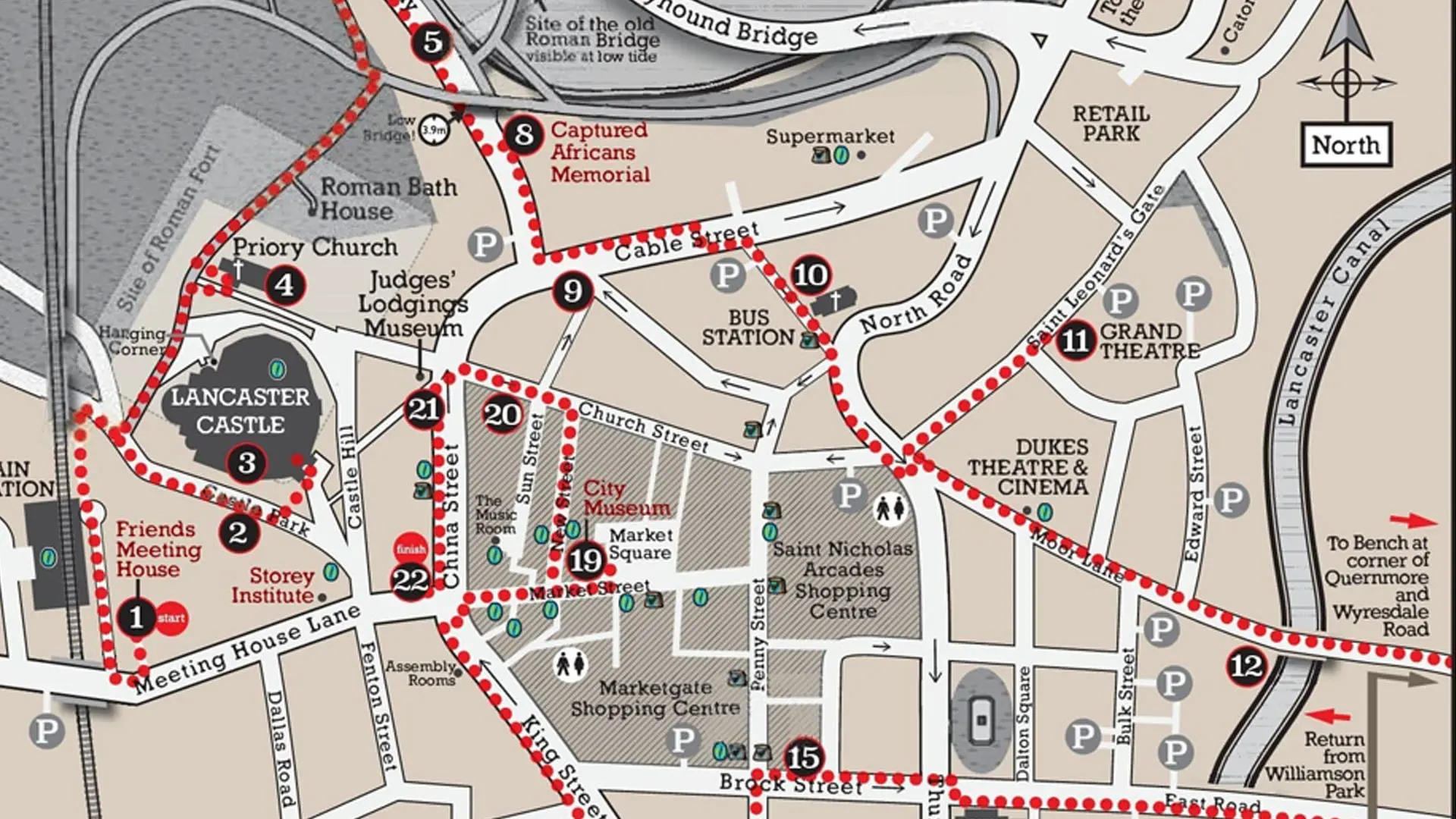Professor Alan Rice’s research into the local and global implications of the black presence in Northern Britain emphasises the continuing agency of these historical figures.
The Institute for Black Atlantic Research (IBAR) provides a unique cultural space that brings together grassroots community groups with artists and academics, enabling greater cultural participation from diverse and marginalised groups.
Professor Alan Rice has developed a long-term partnership with the community-based Preston Black History Group and has pioneered innovative slave-site tours around Lancaster. This research has contributed to the process of commemoration and memorialization, stimulated cultural tourism and enhanced the public understanding of complex historical legacies. The tours have inspired artists and musicians to incorporate Rice’s research into their work, leading to the production of new cultural artefacts in the form of compositions and artworks.
IBAR has become a rich cultural space for dialogue and debate between academics, artists, writers, musicians, curators and community groups brought together over a series of events and partnerships. Working in partnership with his IBAR co-director, the 2017 Turner Prize winning artist, Professor Lubaina Himid, CBE, Rice co-organised a seminal conference in January 2020 - Creative Conversations: Black Women Artists Making and Doing. This conference brought together black women artists with academics and curators and has been described as “a vital step in de-centring notions of a London-based British art world”.
Rice was a crucial advisor to BBC Radio 4’s series Britain’s Black Past, which received approximately 880,000 listeners. In March 2019, Rice was invited to share his findings as a plenary speaker with multicultural artists from nine different projects across the USA at the Art, Activism and Imagination: Building a Transformative Arts Network conference at University of California, Santa Barbara.
In November 2019, Rice was invited to speak on guerrilla memorialisation at the 1619 Collective Memories Symposium at the Sonja Haynes Stone Centre for Black Culture and History, University of North Carolina. In May 2020 Rice’s research contributed to the formation of the campaigning Lancaster Black History Group (LBHG). LBHG has consulted with Lancaster City Council and museums about reparative work addressing the legacy of slavery for the City.

